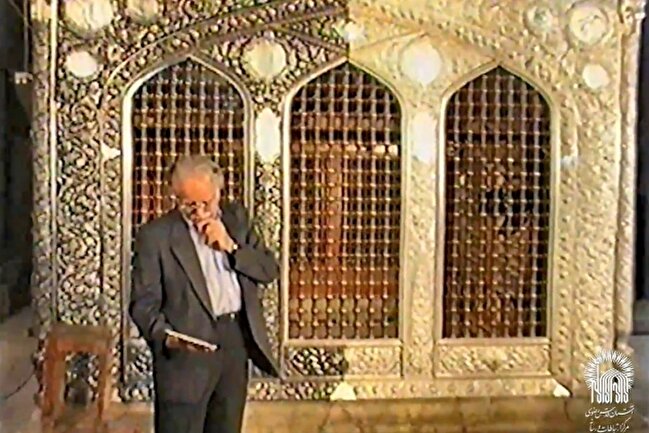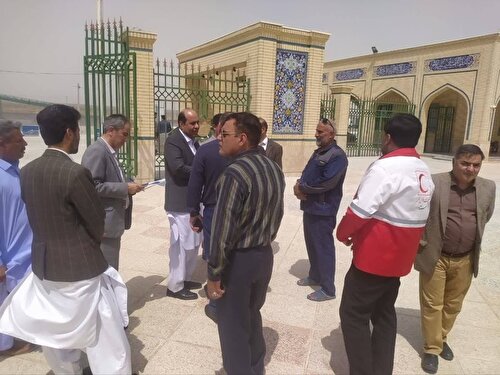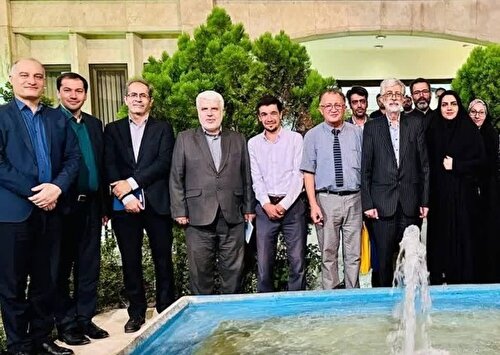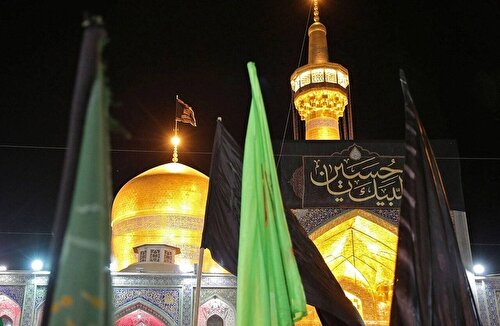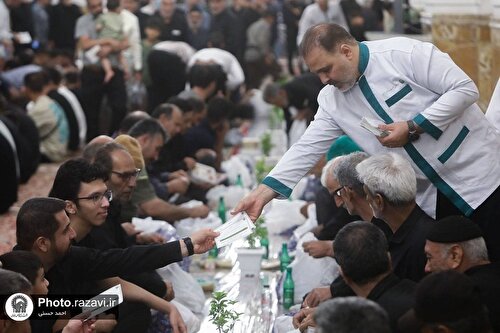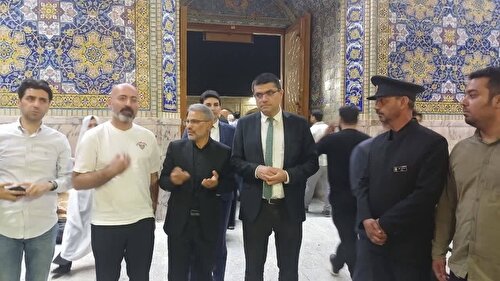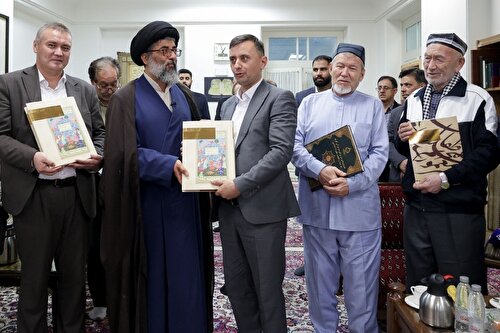Border regions turn to lifelines of national economy: FM
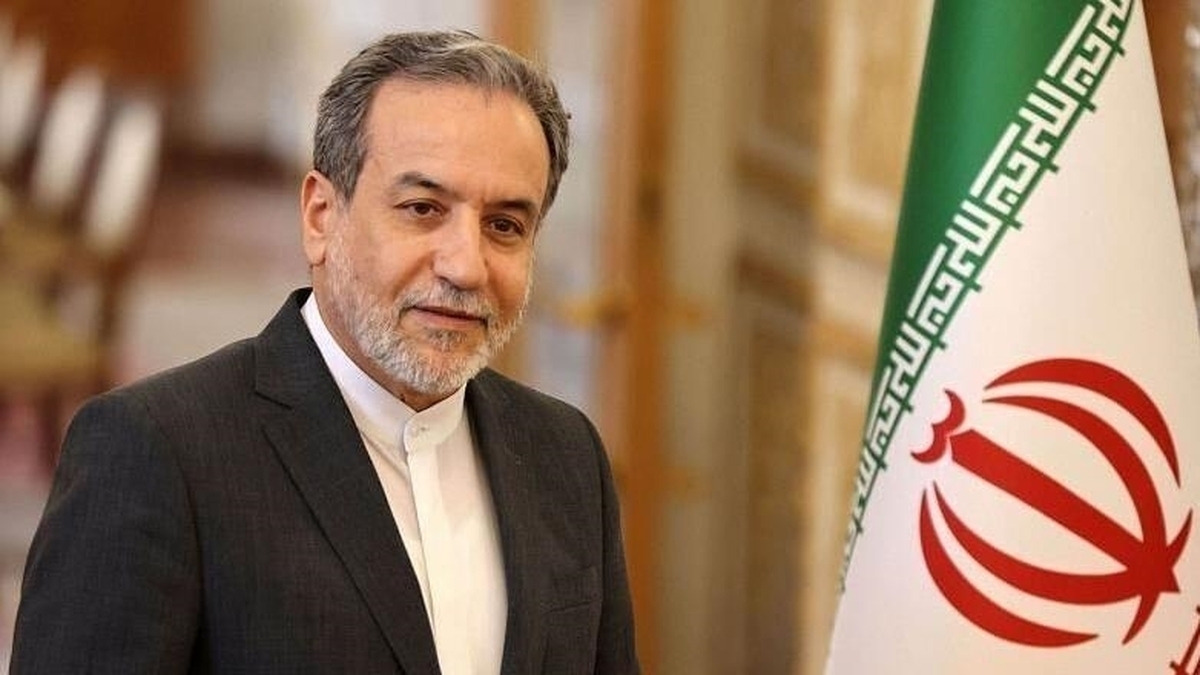
Seyyed Abbas Araghchi, Iran’s Foreign Minister, described shared borders as vital economic lifelines, especially in the context of sanctions and essential goods supply, emphasizing that “strengthening border ties has improved security and curbed smuggling”.
Speaking during a meeting with Ayat. Ahmad Marvi, the Custodian of Astan Quds Razavi (AQR), at Imam Reza Shrine, Araghchi presented a comprehensive report on the progress of provincial diplomacy.
“Deepening ties with neighboring countries is no longer optional but a top priority in Iran’s foreign policy”, the top diplomat stated.
He noted: “Neighbors hold irreplaceable strategic value for Iran across political, security, and economic dimensions. This importance has grown amid efforts to bypass sanctions, manage exports, and facilitate financial transactions”.
Araghchi cited data showing that neighboring countries account for the highest share of medical tourism to Iran, generating significant foreign currency revenue.
The Iranian FM pointed to Afghanistan as a key example, stating: “Iran’s trade volume with its eastern neighbor rivals that of the entire European Union. Proper activation of border capacities not only boosts economic growth but also enhances border security and reduces organized smuggling”.
Araghchi described provincial diplomacy as a paradigm shift rather than a bureaucratic project. “Its goal is to foster closer institutional and people-to-people ties across border regions”.
He argued that many complex issues, especially local disputes and border security matters, can be resolved more efficiently by local authorities than through central bureaucracies.
“We need to strengthen provincial offices of the Foreign Ministry, and Mashhad’s office is the largest due to its geopolitical position and high volume of cross-border engagement. These offices are being structurally upgraded and will serve as frontline arms of the ministry”, Araghchi pointed out.
He went on to say that provinces like Khorasan Razavi have already built strong economic and cultural ties with countries such as India, Russia, and Iraq, particularly in religious and health tourism, calling on parliamentarians to engage in targeted exchanges with counterparts in neighboring regions to support bilateral cooperation.
He concluded by framing provincial diplomacy as a national movement that, through broad participation, can ensure long-term economic and security stability.
- پیشنهاد سردبیر
- Latest news
